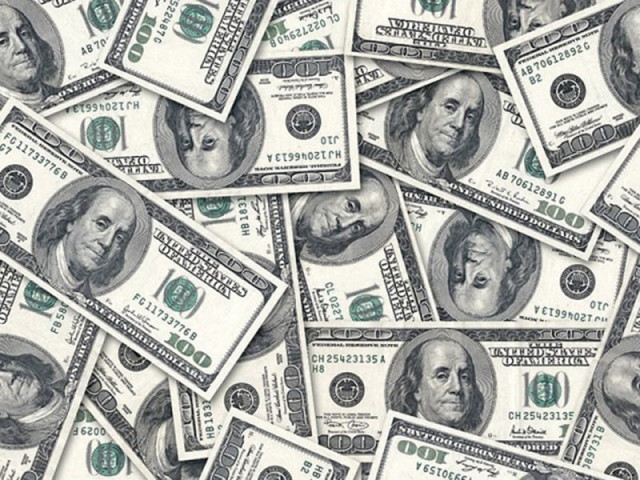Not too bleak a picture on the investor front
Foreigners remain net buyers of $35m despite political drama.

Unrelenting protests against the government have made stock market investors jittery.
Panic selling has cost investors arguably in billions in less than a month. The benchmark index has lost 2.9% since the end of July. Investors become edgy as each bullish trading session is quickly followed by a bearish one. What’s next, they ask. A full-scale crash in the stock market?
But as retail investors try to ‘time the market’ amid political uncertainty, they tend to ignore one basic fact: every time a person sells a share, another buys it, yet both of them think they made a smart decision.
So if domestic investors were the net sellers in August, who was their counterparty? In other words, if the political situation was prompting one group of investors to liquidate their positions, who was accumulating shares at the other end?

Speaking to The Express Tribune on Wednesday, Arif Habib Limited Assistant Vice President Saad Khan said mutual funds were the biggest sellers during August mainly because of their ‘redemption needs’.
Mutual funds are the favoured mode of investment for those retail investors who lack the knowledge and skills to trade on their own. They leave their money with mutual funds, which are managed by professional investment managers. ‘Redemption needs’ arose in August apparently because investors felt their investments would lose value in the face of growing political unrest and calls for civil disobedience.
So what happened next?
Khan says almost all of $160 million worth of equities that mutual funds sold was, in fact, purchased by either banks or non-banking financial institutions (NBFCs). Their combined purchases amounted to $142 million. “This equity changing hands from one party to another, (which was) much bigger and powerful, tells a rather improved story of the Pakistan equity market,” Khan said.
Furthermore, foreign investors purchased $177 million worth of equity and sold $142 million in August. “This shows that despite all the political drama, foreign investors remained net buyers of Pakistan equities worth $35 million during the month,” he added.
Khan’s optimism makes sense. Consumer Price Index for August clocked up at 7% on a year-on-year basis, which is the lowest since July 2013. According to projections by the State Bank of Pakistan and the International Monetary Fund, inflation is expected to remain at a rather sustainable level of 8% in 2014-15.
“Given strong macros, healthy corporate profitability, continued interest from foreign investors, (domestic) investors can finally take solace in the fact that the time has come to reap the rewards of their patience in staying put during the political fiasco and treating it as the brief period that it was,” said Khan.
Published in The Express Tribune, September 4th, 2014.
Like Business on Facebook, follow @TribuneBiz on Twitter to stay informed and join in the conversation.


















COMMENTS
Comments are moderated and generally will be posted if they are on-topic and not abusive.
For more information, please see our Comments FAQ